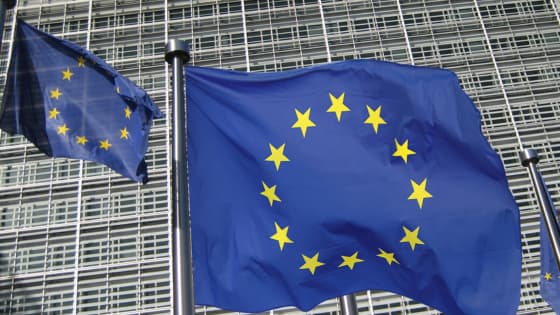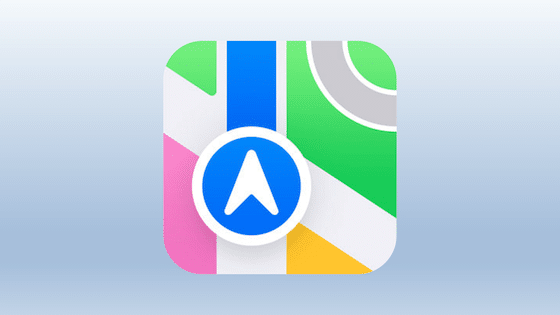What is the European Union’s Digital Marketing Act? And why does it appear that Apple, Alphabet (e.g., Google), and Meta (e.g., Facebook, Instagram) are about to run afoul of it?
Last week Reuters and other news outlets reported that the three companies are being targeted in the first enforcement action related to the Act, which took effect in late 2022. The three companies face the prospect of “hefty fines by the end of the year.”
So what does a hefty fine mean to companies that could afford to colonize Mars?
According to the Reuters report, “DMA breaches could cost the companies as much as 10% of their global annual turnover.” To illustrate what that could mean, in 2023, Meta generated almost $135 billion in top-line revenue. I imagine 10% of that meets anyone’s definition of hefty.
Aide le Petit Bonhomme
Essentially, the Act “requires companies to give users and rivals more choices to ensure a level playing field.” It came into existence to make it easier for smaller European firms to compete against the giants of big tech, which are mostly American companies.
According to Reuters, the EU’s top antitrust regulator Margrethe Vestager is expected to launch and conclude an investigation before her term expires in November.
The 6 ‘Gatekeepers’
A report this week in the Economic Times offers some deeper context.
The DMA has designated six companies as “gatekeepers” which singles them out for scrutiny. The six are Alphabet, Amazon, Apple, Meta, Microsoft, and ByteDance, the Chinese company that owns TikTok.
One key area of the DMA’s current regulatory focus on the three companies involves “anti-steering” behavior. This essentially means taking measures to prevent app developers from steering in-app purchases to their own websites. They do this to avoid paying a tribute to Apple or Google.
Apple has been the focus of anti-steering accusations.
Preferring to Self-Preference
Another DMA red flag is “self-preferencing” where a platform “preferences” its products over those of third-party merchants.
An example of this, according to the Economic Times, is “whether Google prioritizes its own services – such as Google Hotels or Google Flights – when users type queries into its search engine, potentially limiting business for rivals such as Booking.com or Skyscanner.”
The companies targeted by the EU under the DMA have largely remained silent, beyond vowing to defend themselves.
The EU action is extra interesting in light of the U.S. Justice Department’s controversial decision to file an antitrust action against Apple. The action essentially accuses Apple of maintaining a smartphone monopoly.
According to Time, a DOJ official said the following in a recent press briefing. “This is about opening the smartphone market and making sure that the emerging technologies of the future, the innovation, the creativity that American consumers want is ultimately available.”
The specific accusations, again according to Time, include that Apple has “suppressed mobile cloud streaming services, blocked apps that would make it easier for users to switch between smartphone platforms, and made cross-platform messaging worse.”
Not everyone is buying the validity of the case against Apple. For example, Walt Mossberg, the retired WSJ tech columnist (and Kara Swisher’s Code partner in crime), called the accusation that Apple has a smartphone monopoly “laughable.”
Here is part of what Mossberg said on Threads, according to Business Insider, “Calling Apple a ‘monopoly’ in phones is laughable. Every independent analyst estimates iPhone market share at a little over 50% in the US and a little under 25% globally. That’s not a monopoly.”




